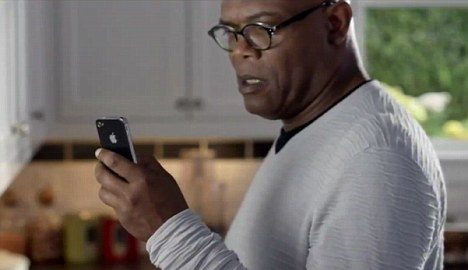Almost all the promises Uber used to sell itself as an agent for social good have turned out to be utter bullshit.
The rideshare service isn’t in business to employ Iraq War veterans or keep African-Americans safe from police brutality. Travis Kalanick’s outfit isn’t here to free you from the shackles of bureaucracy, unless you’re very troubled by a steady income and benefits. It isn’t part of the solution for employment woes, as people who should know better have said. At long last, Uber is a corporation that will do whatever it takes to make as much money as possible without regard to the effect it has on human beings, drivers, passengers and anyone else.
Another piece of the company’s hype as an agent for social change has fallen into tatters. The idea that Uber would make transportation colorblind has turned out to be a fugazy. From Gaby Del Valle at the Gothamist:
Uber has long claimed that its platform prevents drivers from engaging in discriminatory practices, like refusing to pick up people of color, but a new study suggests that Uber and other ride-sharing apps haven’t stopped drivers from racially and sexually discriminating against passengers.
According to a study conducted over two years by the National Bureau of Economic Research, black passengers are more likely to wait longer for a ride or have their ride canceled than their white counterparts, while women are likely to be taken on longer rides by drivers who either want to charge them more money or flirt with them (or both).
The study involved nearly 1,500 rides in Seattle and Boston, and the findings are based almost entirely on data from Uber rides, since Lyft displays the rider’s name and picture before a driver chooses to accept the ride, making discrimination nearly impossible to quantify.
In Seattle, undergraduate students from the University of Washington were given identical phones with Uber and Lyft pre-downloaded and told to take a few pre-determined routes. They were instructed to note what time they requested the ride, when the ride was accepted by the driver, what time they were picked up, and when they got to their destination. The results showed that wait times for black passengers were up to 35 percent longer than they were for white drivers.
In Boston, researchers set up two different Uber and Lyft accounts for each rider—one with an “African-American-sounding” name and one with a “white-sounding” name—and had passengers order rides from both. (“White” passengers had names like Allison, Brendan, and Brad while “black” passengers had names like Aisha, Hakim, and Darnell).
In Boston, profiles that appeared to belong to black men had a cancellation rate of 11.2 percent, compared to just 4.5 percent for passengers who appeared to be white men. Passengers believed to be black women had a cancellation rate of 8.4 percent, compared to 5.4 percent for white women.•

